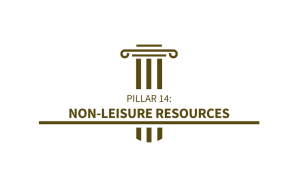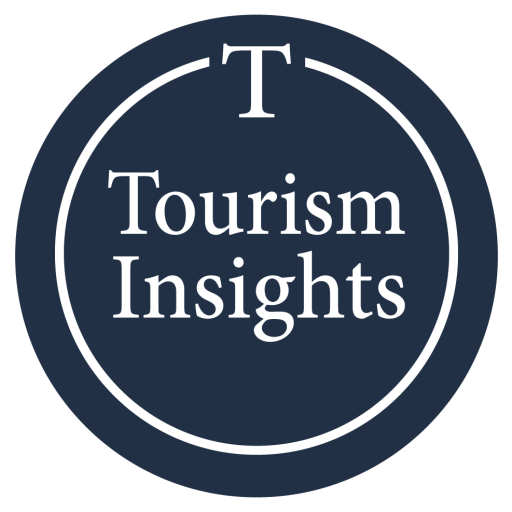
Key Indicators:
Presence of Forbes Global 2000 HQ locations, Presence of global cities, Number of top universities, Non-leisure tourism Digital Demand
Note: This pillar measures the extent and attractiveness of factors that drive business and other non-leisure travel, including the presence of global cities, major corporations, and leading universities.
The T&T Development Index Report 2024 ranks Pakistan 42 out of 119 economies on the pillar, Non-Leisure Resources.[167] Despite a positive trend in its score, which stands at 2.77, indicating a mixed performance in leveraging non-leisure resources for economic development.
The presence of Forbes Global 2000 HQ locations sees a decrease in ranking to 58, but with an increase in value to 0.04, resulting in an elevated score of 1.17, showcasing potential growth in the country’s corporate landscape. Conversely, the indicator presence of Global cities ranks 21, but experiences a decrease in value to 0.90, leading to a lower score of 4.35, indicating challenges in establishing Pakistan as a prominent global business hub.
According to the Globalization and World Cities (GaWC) Research Network’s 2020 classification, three Pakistani cities are noted for their global economic relevance: Karachi (Beta), Lahore (Beta-), and Islamabad (Gamma+) reflecting their roles in connecting Pakistan to the global economy.[168] Similarly, the Oxford Economics Global Cities Index includes ten Pakistani cities among the top 1,000 globally, evaluating them based on Economics, Human Capital, Quality of Life, Environment, and Governance.[169]
Global Cities Index includes ten Pakistani cities among the top 1,000.
The indicator, the number of top universities ranks 19, with a significant increase in value to 11.94, resulting in an improved score of 4.34, highlighting the country’s academic prowess and potential for knowledge-based growth. Over 359 Pakistani universities are listed among the top 10,000 universities in the world.[170]
In Pakistan, few private institutions offer international-standard courses in accommodation, tourism, and fine arts. These fields have not been integrated into the degree programs of major universities. The private sector’s past neglect of tourism has limited the industry’s growth, leading to a low demand for specialized professionals.[171]
Non-leisure tourism digital demand faces challenges, with Pakistan ranking 61 and experiencing decreases in both value and score to 1.67 and 1.24, respectively, suggesting the need for enhanced digital marketing strategies to promote non-leisure tourism opportunities.
Overall, this data underscores the importance of further investment and strategic planning to leverage Pakistan’s non-leisure resources for sustainable economic growth and global competitiveness. Pakistan needs to invest in areas such as education and business infrastructure to attract international students and encourage global businesses to establish their headquarters in the country. By enhancing these non-leisure resources, Pakistan can strengthen its position in the global economic network and foster long-term development.[172]
Despite the digital age, Pakistan’s tourism sector underutilized IT for promotion. While provincial tourist administrations have a presence online through Facebook and websites, these platforms fall short of traveler expectations. They lack essential services like online hotel bookings, transportation details, and tourist guides. A comprehensive online tourism promotion strategy is essential for effectively attracting and engaging visitors.
